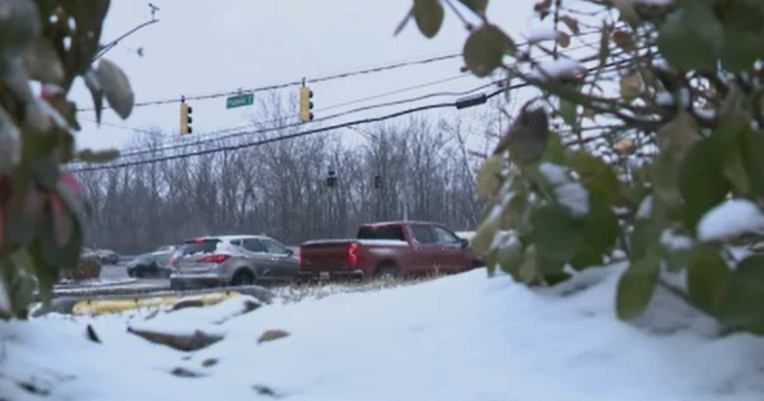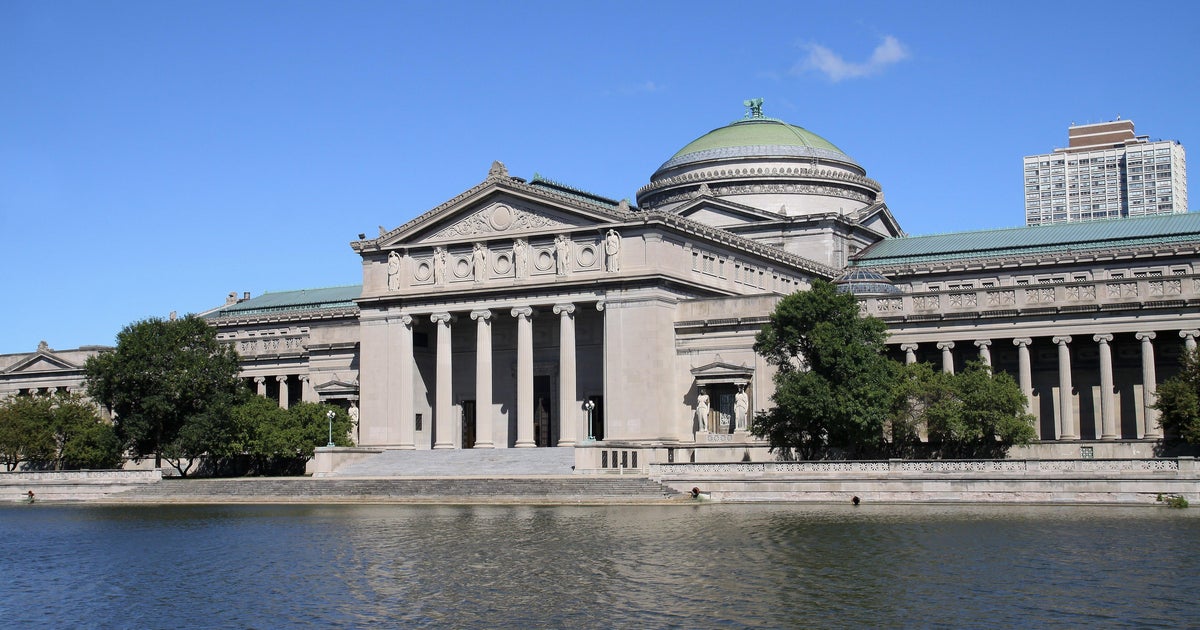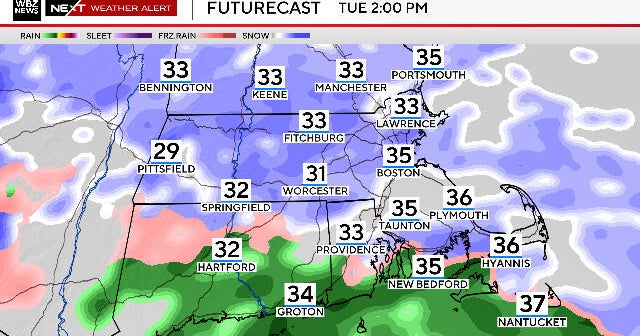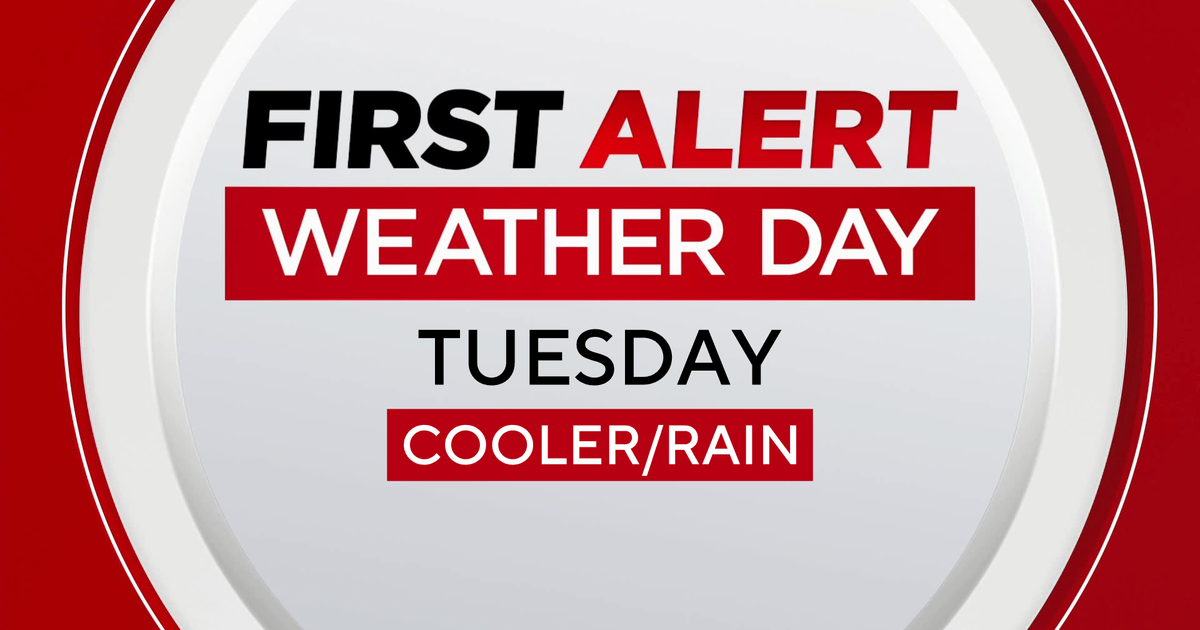North Texas First Responders Report Significant Increase In Calls For Carbon Monoxide Poisoning, Hypothermia
NORTH TEXAS (CBSDFW.COM) - Over the past two days, MedStar has treated 11 patients for carbon monoxide poisoning. They've also had 19 hypothermia calls in just the last 24 hours.
"We respond to about 13 or 14 calls per hour," said Matt Zavadsky with MedStar. "The last two days, we're averaging 24 to 25 calls per hour."
Zavadsky said in general, you need to leave your home if the temperature inside gets to be 50 degrees or lower.
If you choose to stay home, he said to make sure you don't use any type of combustible energy inside your house.
"So that starts with vehicles, but that also includes generators," he said. "It includes, believe it or not, people are using BBQ grills to try and keep warm and burning charcoal, and that gives off a lot of carbon monoxide."
Dr. Srikant Nannapaneni with Baylor Scott and White Medical Center Grapevine said to watch out for certain symptoms of carbon monoxide poisoning.
"The first symptom is developing mild headache," said Dr. Nannapaneni. "Other symptoms include developing nausea and having a sense of unease and not able to focus."
Dr. Nannapaneni said carbon monoxide poisoning isn't the only concern. Hypothermia can affect anyone when the temperatures are this low, especially the youngest and the oldest among us.
"Your body first responds by shivering, and you can sometimes develop some heat by shivering, but after a while, you can't," he said. "The shivering response is lost so you start to become, again, very fatigued."
Dr. Nannapaneni said that if you experience those symptoms, you need to seek medical help.
Another concern is people using their cars to warm up.
Zavadsky said you should not do that, even if you're parked in the driveway and not in a garage.
He said the vehicle's exhaust system is designed for the car to be in motion, so carbon monoxide can still seep in.
As for some safe ways to create heat, Zavadsky recommends:
If you have a tent, put one up in your living room. They can conserve heat, especially body heat.
Use sleeping bags if you can, and double up in them if you need to.
If you're using a fireplace, warm up some water bottles to put in your sleeping bag or under your blankets for extra warmth.







